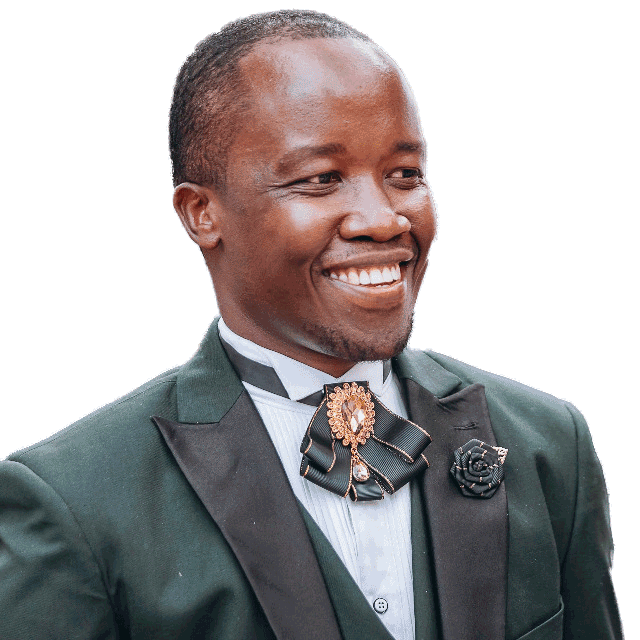My Teaching Philosophy
For millennia, we have searched for answers to questions about how and why the universe exists and evolves and worked to improve the human condition.
The problems and attempts to solve them have enhanced the growth of human knowledge.
We (human beings) have understood the importance of producing and spreading knowledge. Since Plato’s time, the “Academy” has been a community of students and scholars engaged in higher education and research. Today’s academy is the University.
The university contributes to society by pursuing education, learning, and research at the highest levels of excellence. It involves complex processes: learning knowledge, information, and skills. Teaching and research are vital activities in a successful University. One multiplies knowledge and the other produces it.
Good teaching involves intuition, reflection, technique, and an understanding of cognitive, developmental, and social theories of learning. It is an interactive process that also involves motivation, communication, and a shared context of mutual respect.
Good teaching depends upon an informed research base, effective teaching strategies, and the sensibility to interact with the learner within a shared context of mutual understanding.
Therefore, a good teacher understands and applies effectively the pedagogy. In addition, how to be a good researcher.
The research activities and experience provide real-world examples and challenges necessary to illustrate and motivate the seemingly theoretical concepts and methods taught in class.
Fundamentally, teaching in an engineering school should develop the capability to resolve complex problems with the creative application of scientific principles. This objective includes teaching how to continue to learn in an ever-changing technological world and to prepare them to behave as responsible citizens and ethical, professional engineers in today’s global society.
In this case, an effective engineering teacher must be a practitioner or have had real-life work experience.
At the basic level, the aim is to develop the student’s ability to apply the necessary mathematical tools, basic science, and fundamental engineering knowledge. Hence, the students get to learn to identify and apply the necessary tools and concepts (whether engineering, physical or mathematical) to confront the actual problems and information which they will use in their future professional lives. The emphasis is:
- Boosting the understanding of fundamental physical laws and principles and their application, first in abstract contexts and then in real-life experiences;
- Translating engineering systems’ word descriptions into solvable mathematical models
- Applying adequate methods to get plausible and effective engineering solutions and
- Using the results with awareness and respect for society and humanity.
The approach is both theoretical and practical:
The lecturing time provides a reflexive environment where students learn to appreciate the abstract concepts and methods taught with the use of relevant real-life examples (hence why a teacher must have real-life/engineering experience)
The activities of laboratory provides a controllable environment that enables applying and testing concepts and theories, that is, a perfect practical experience to solve experiments carefully prepared in order to enhance the theoretical knowledge taught in class.
Encouraging the students to enhance their communication skill, curiosity, global view and their creative abilities, with adequate exercises and advices.
The engineer provides solutions to a real society, and this must be our real concern.
Quoting Albert Einstein,
“It is not enough that you should understand about applied science in order that your work may increase man’s blessings. Concern for man himself and his fate must always form the chief interest of all technical endeavours… in order that the creations of our minds shall be a blessing and not a curse to humankind. Never forget this in the midst of your diagrams and equations.”
Main concepts that guide these teaching principles:
- Positive teacher-student relationship.
- Democratic learning environment.
- Feedback.
Above all, the student engineer must have skin in the game in all his/her life work.
16th May of 2018
PS:
Check a newer blog summarizing my teaching approach here.
